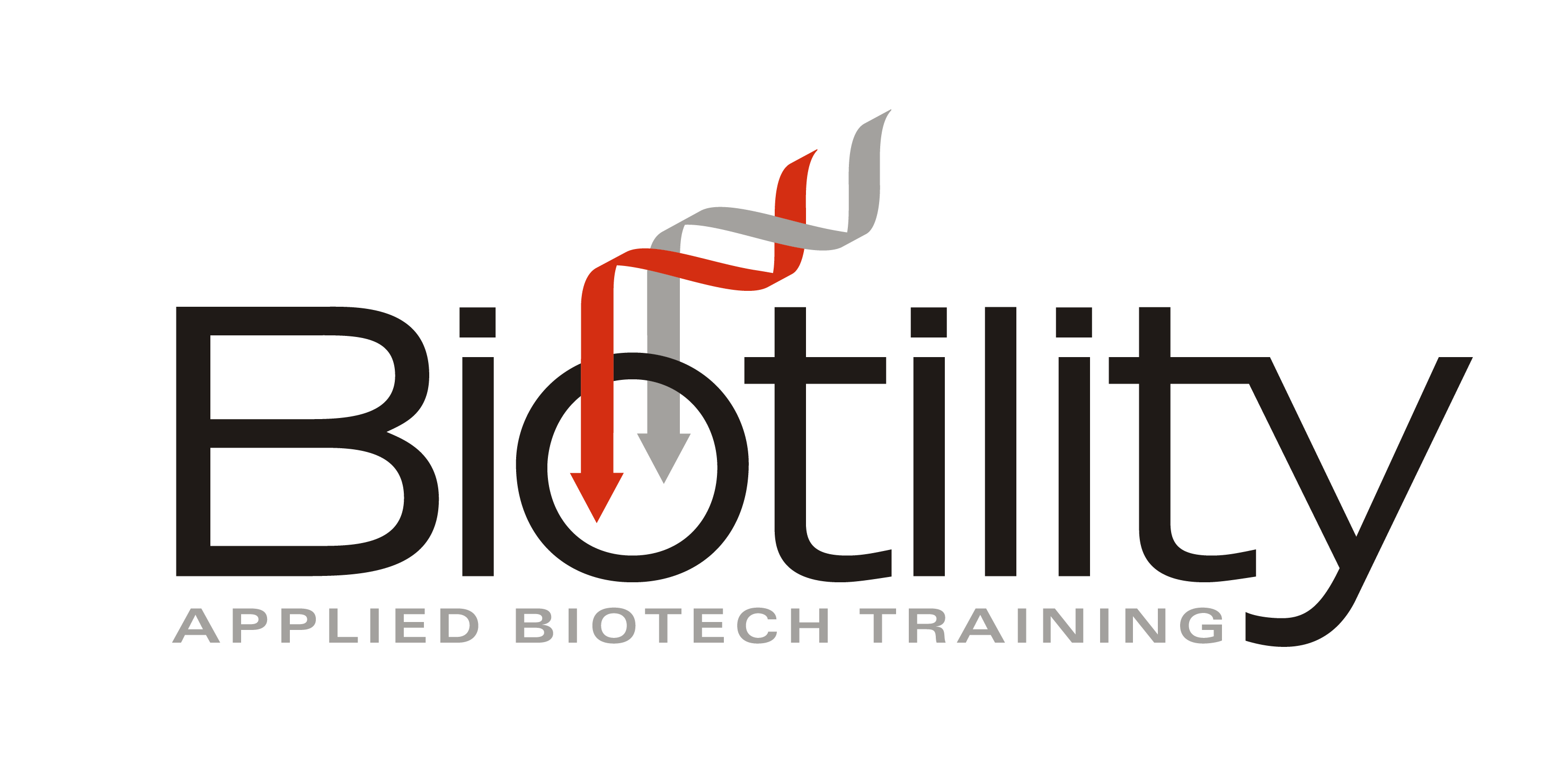Certification is a formal process that recognizes an individual’s qualifications in a particular subject, typically earned by successfully completing a course or sequence of courses. Certificates verify that a professional has achieved a baseline level of competence in a complicated subject area, and assures employers that an individual is equipped with the educational background relevant to handling the responsibilities of his or her job.
Certificates from Biotility must be renewed every 1-5 years, depending on the certificate (see specific certificate pages for details).


